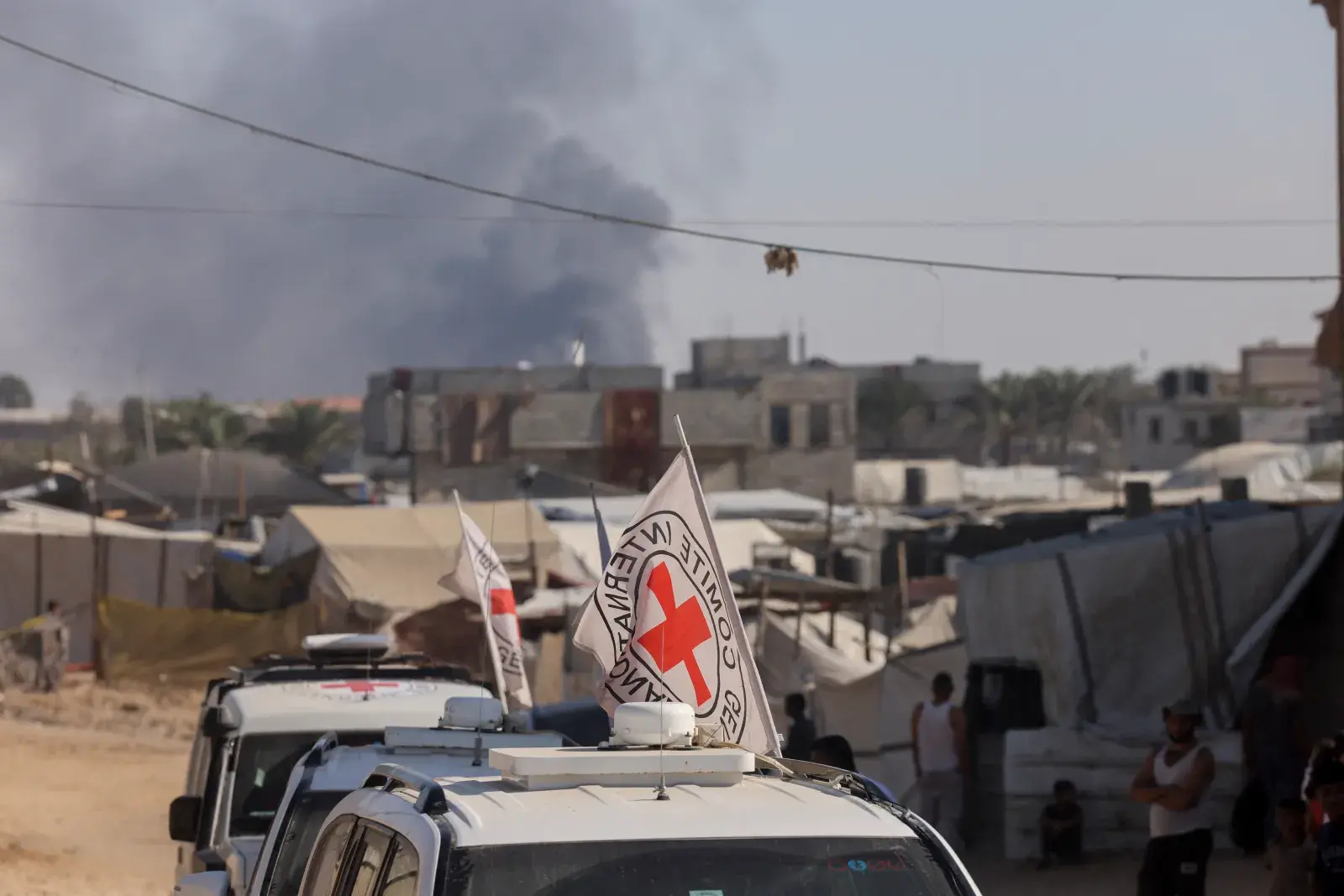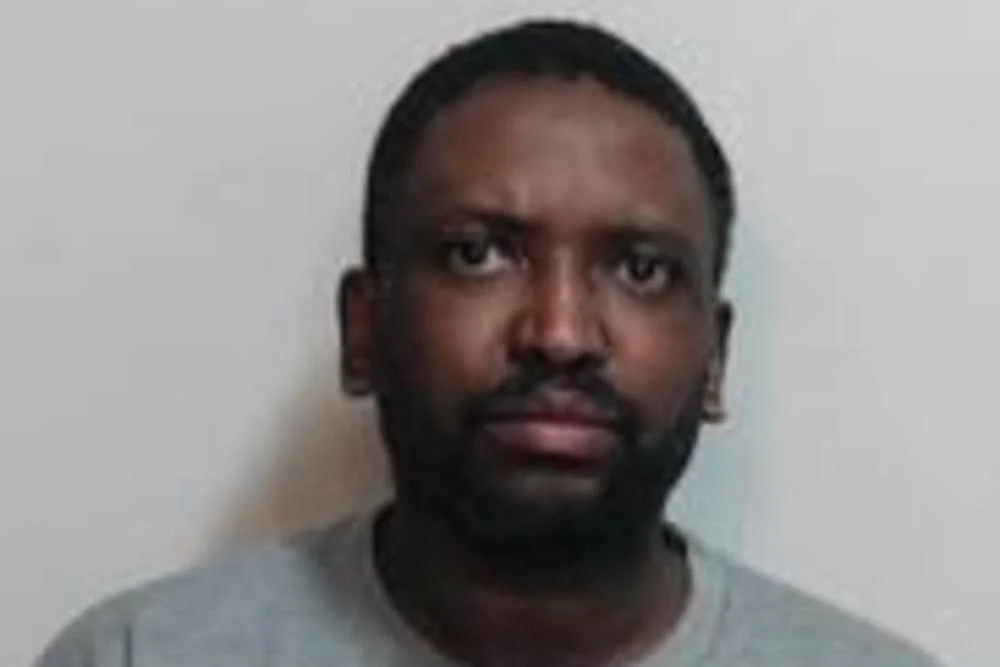Copyright newsweek

Amid the untold death and destruction that has ravaged the Gaza Strip for the past two years and continues to strike with little notice, one group is tasked with delivering Israeli hostages and Palestinian prisoners—alive and dead—across one of the bloodiest front lines on Earth. It’s just one of the seemingly impossible jobs taken on by the International Committee of the Red Cross (ICRC), the Geneva-based group with 350 personnel on the ground in Gaza navigating both political and security complexities as part of a global mission to restore faith in the rules of war and international humanitarian law. ICRC President Mirjana Spoljaric Egger says the scope of this challenge has few comparisons, even for one of the world’s oldest humanitarian organizations with more than 160 years of experience responding to global crises. “There are few situations of conflict that challenge us in equal ways as Gaza, because of the constraints, because of the result of the fighting, because of the political dimension, but this is what we were created for,” Egger told Newsweek. “We cannot drop the ball.” Smoke rises in the background as vehicles of the International Committee of the Red Cross drive through Khan Yunis, southern Gaza Strip, on October 26. At the Heart of the Handover The ICRC’s presence in Gaza far predates the current conflict and constitutes one of the few operations capable of maintaining constant channels of communication with both Israel and Hamas, one of what Egger estimated to be around 250 armed non-state actors with whom her organization speaks with around the world on a daily basis. “We’ve worked in Gaza for decades,” Egger said. “We’ve talked to Hamas since its creation, as we have spoken with Israeli authorities since the creation of Israel. So, there’s a long-standing dialogue, and there’s a very high familiarity with each other’s positions and how we work, how we operate.” “There are few countries with whom we’ve had more dialogue than with Israel and Israeli authorities,” she added. “That’s due to the circumstances and our role that we play there.” While Gaza has been no stranger to conflict throughout the years, no event has wrought more devastation for both Israelis and Palestinians than the conflict spurred by the Islamist Palestinian Hamas movement’s October 7, 2023, attack. The sudden assault killed around 1,200 people in Israel and led to the abduction of around 250 more, with more than 67,000 killed in Gaza throughout the ensuing war, according to the Palestinian Health Ministry based in the territory, and thousands more detained. The return of detainees has been a core demand of both Israel and Hamas. And while mediators such as the United States, Egypt and Qatar play key roles in setting the political conditions for deals, the ICRC alone is poised to facilitate such swaps. Since October 7, 2023, the ICRC has facilitated the return of 23 deceased Israeli hostages and 195 deceased Palestinian detainees, as well as 160 living Israeli hostages and 3,500 living Palestinian detainees. Now, the search goes on for the remains of 13 Israeli hostages believed to be hidden somewhere in the rubble across Gaza, where thousands of Palestinian bodies also lie. Egger says all of them, regardless of who they are, “deserve adequate recovery and dignified burial.” The recovery process is plagued a deep sense of distrust that has prevailed between the two parties both throughout the past two years of war and in a ceasefire period already marked by dueling accusations of violations. Both sides have also charged one another with mistreatment of detainees and failure to uphold the spirit of the ceasefire deal. Israeli officials have alleged that, in addition to the grueling conditions under which hostages were kept in by Hamas, slain citizens the group claimed were killed by Israeli strikes bore signs of summary executions upon their return. Hamas has asserted that the state of returned Palestinians indicated practices of systematic abuse and torture. The ICRC has taken a proactive role in identifying the conditions under which Israelis and Palestinians are being held and advising both sides on improving them. “When we visit detention facilities, we ascertain the conditions, identify the people, and bring back the message and information to the families that the person is alive, that the person as well, and we exchange written messages between the two sides,” Egger said. When it comes to hostages, she said “they have to be released first and foremost, because it’s illegal to hold hostages, but while they are being kept, we discussed with Hamas their medical needs” and “we were able to tell them what the hostages suffer from and what kind of supplies they need.”



